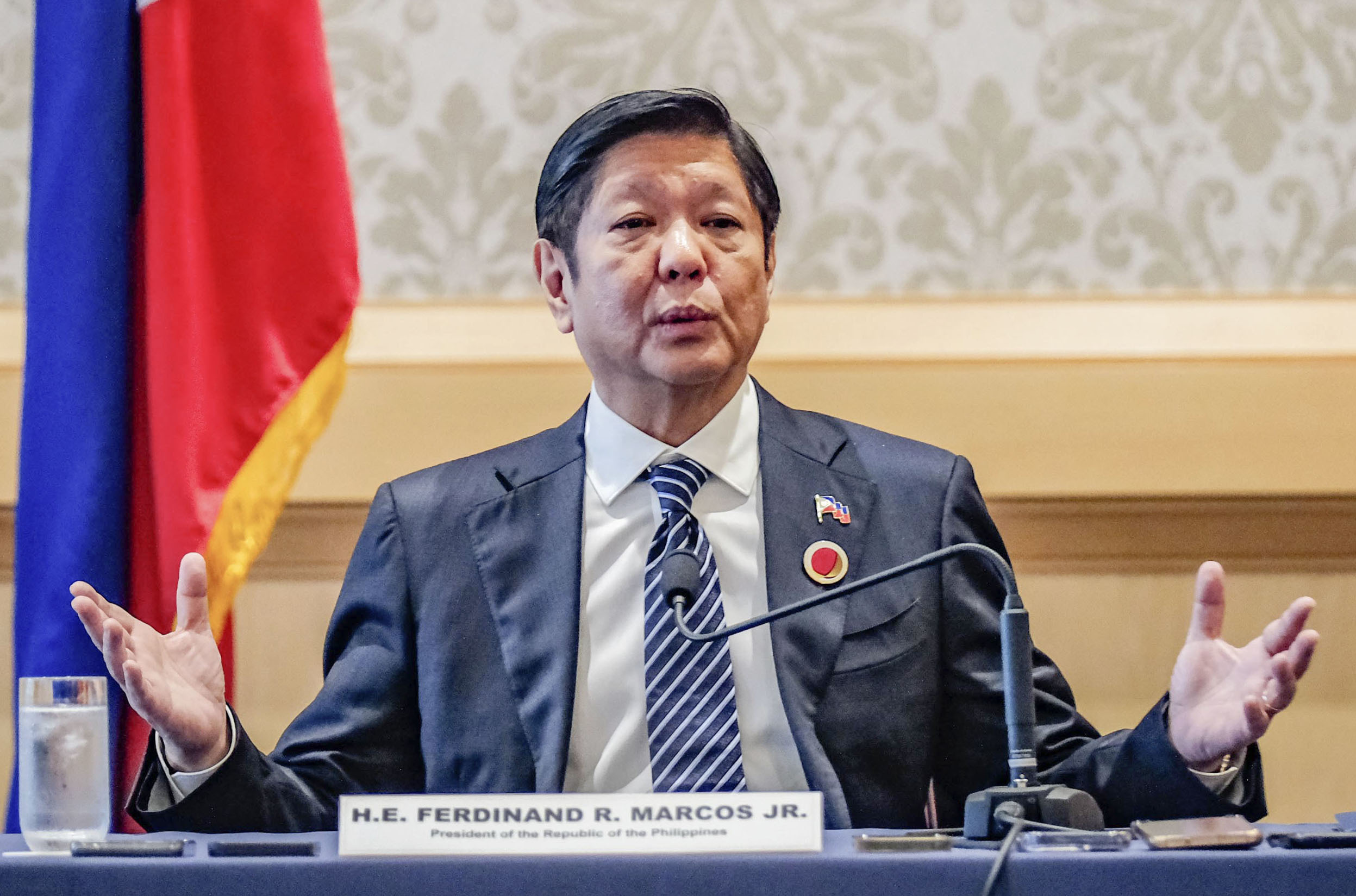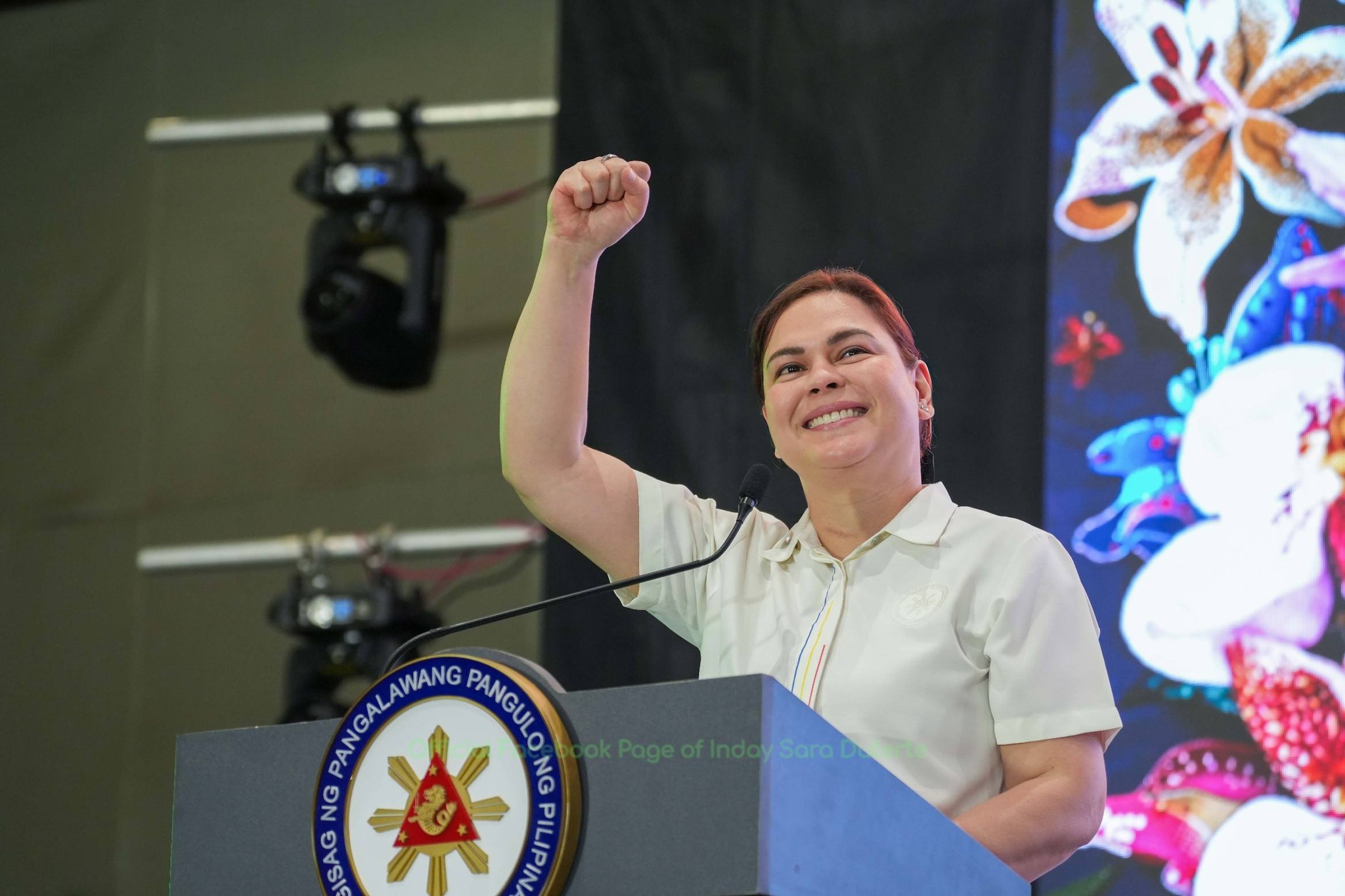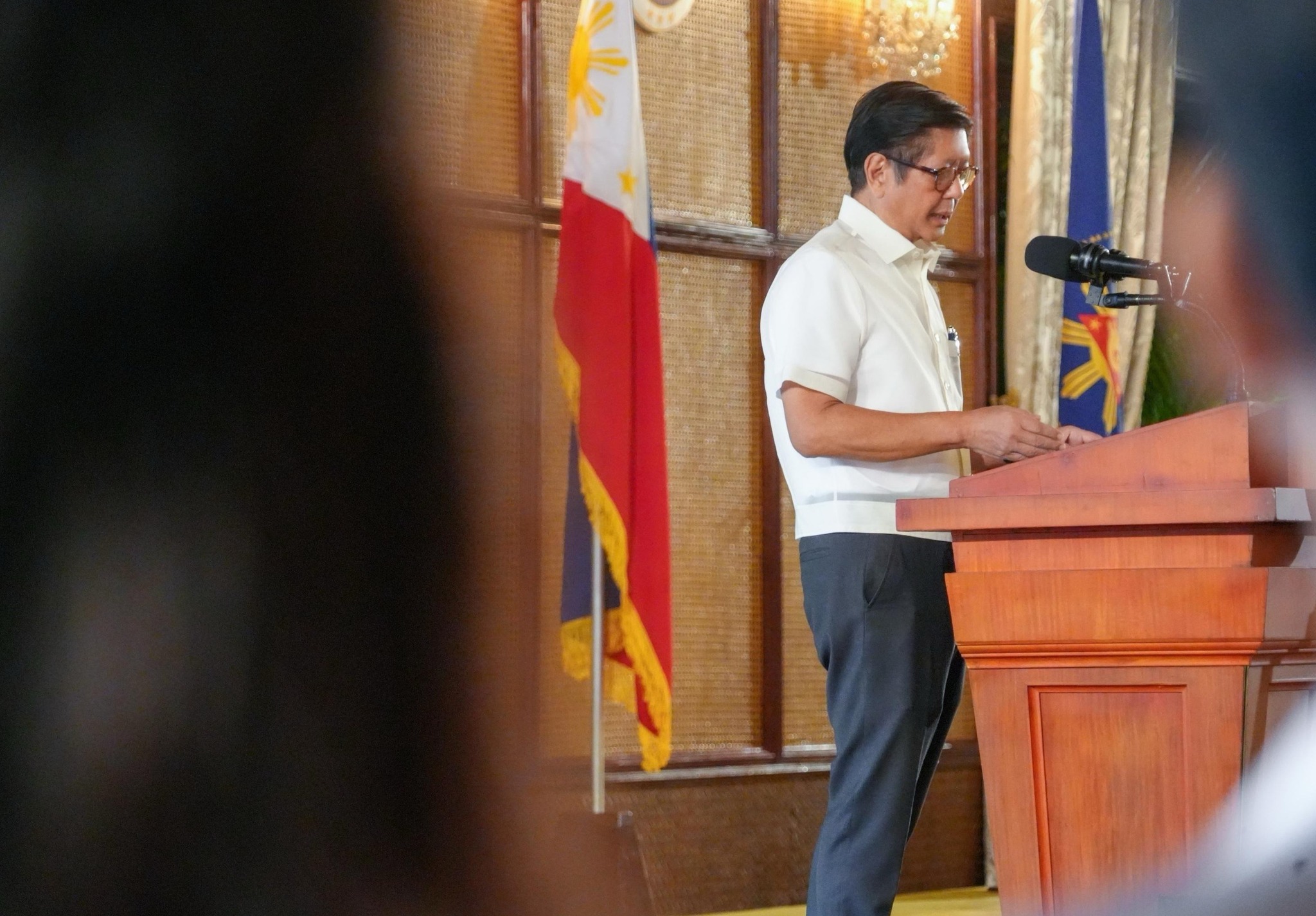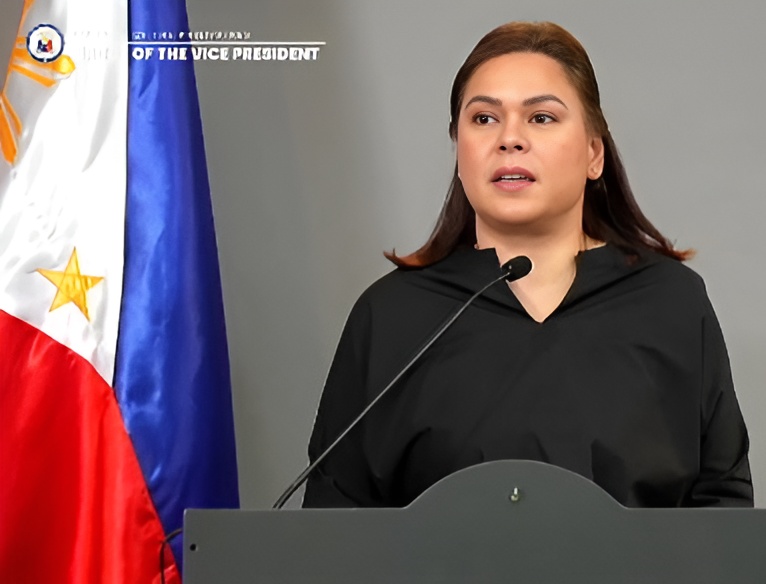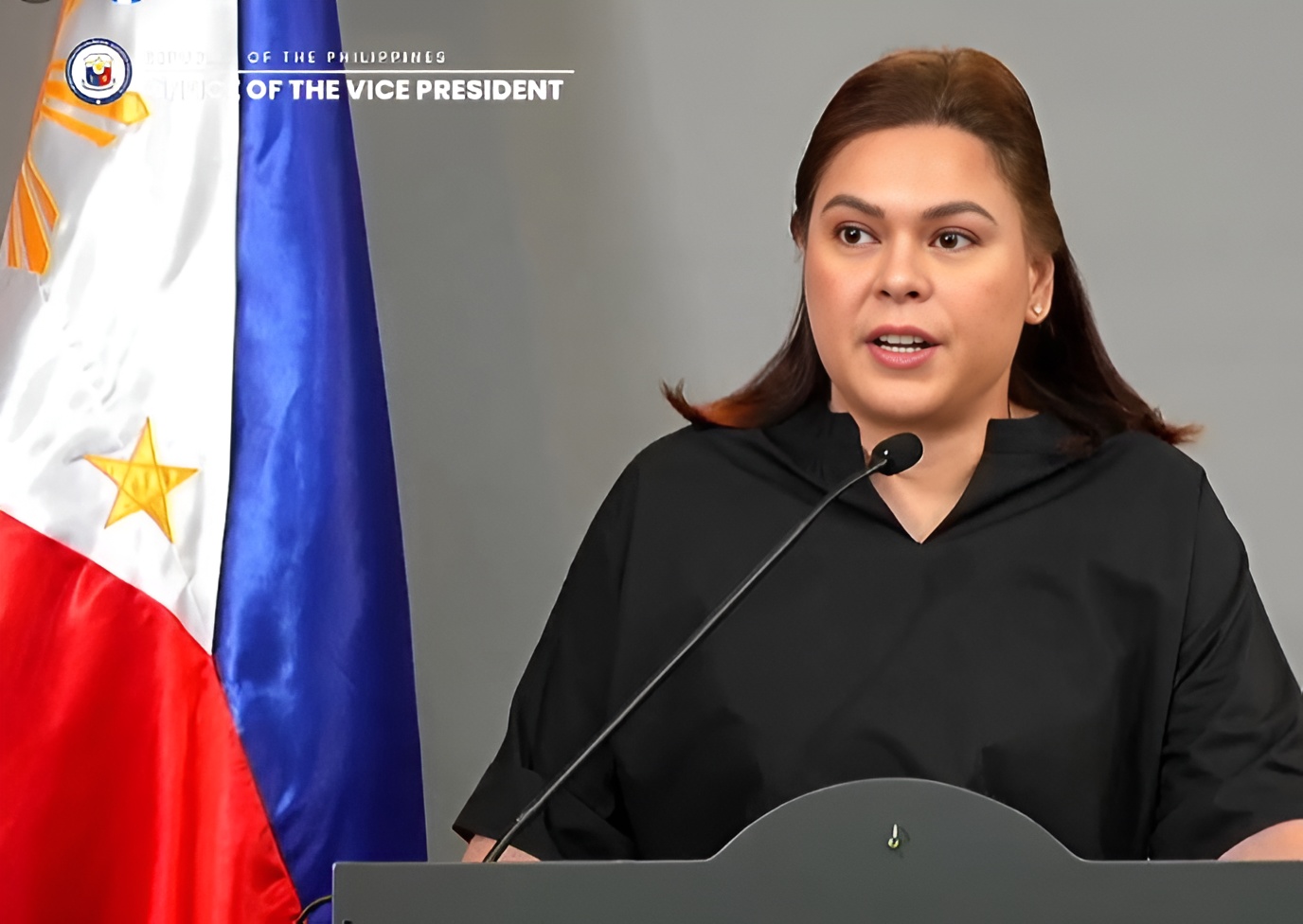photo courtesy: eastasiaforum

The Marcos administration has crossed a dangerous line — and it’s not just fiscal. According to BusinessWorld, Malacañang now claims that a 70% debt-to-GDP ratio is the new global “benchmark” for fiscal sustainability. This is not just economic mismanagement. It’s gaslighting — an attempt to normalize recklessness while shifting the burden to future generations.
Let’s be clear: the real driver of this debt spiral is not infrastructure. It’s ayuda politics — a dangerous addiction to handing out cash for votes while evading structural reform. Marcos Jr. has perfected the populist playbook: distribute emergency aid as permanent policy, rebrand handouts as economic strategy, and then borrow endlessly to pay for it.
Ayuda during a pandemic is one thing. But ayuda as a governing philosophy is something else entirely. Under Marcos Jr., it has become the centerpiece of governance — a Band-Aid solution institutionalized as permanent anesthesia for poverty. This is not a social safety net. It’s political patronage in the guise of welfare.
The consequence? National government debt has climbed to ₱17 trillion, or 62% of GDP — and climbing fast. Rather than rein it in, the Palace now wants to move the goalposts: “70% is the new acceptable,” they claim. Based on what? Not IMF guidance. Not World Bank policy. Just the same borrowed logic that collapsed the economy under Marcos Sr.
This is déjà vu with a darker twist. In the 1970s and 1980s, Marcos Sr. racked up billions in foreign loans to bankroll cronies, palaces, and vanity projects. The debt trap eventually strangled the economy. Now, Marcos Jr. is doing the same — except instead of building ghost highways, he’s buying political loyalty with public cash.
This “ayuda economy” has become the substitute for real development. Rather than invest in industries, skills, or productivity, the administration floods the streets with subsidies — then brags about economic “resilience” that barely scratches the surface of inequality. All the while, the budget deficit widens, borrowing costs rise, and private sector investment remains anemic.
The government frames these payouts as poverty alleviation. But let’s not confuse painkillers for cures. True development means empowering people to earn, not training them to expect handouts before every election cycle. The Marcos regime is not lifting people out of poverty — it is chaining them to a cycle of dependence financed by debt.
Worse, this debt is increasingly used for political survival. Fuel subsidies for jeepney drivers, cash aid for farmers, monthly payouts for every problem — all designed not to solve structural issues, but to keep people placated. It’s no coincidence that these programs swell near election season.
And who pays the price? The next generation. When interest payments consume more of the national budget than education or health, it’s no longer governance — it’s a slow-motion collapse. As debt servicing crowds out capital spending, there will be less for real growth, and more for preserving political illusions.
If Marcos Jr. truly wants to lead, he must stop governing by ayuda. Instead, he must:
Cut the culture of dependence and redirect funds toward job-generating sectors.
Reform taxation to fund spending sustainably — not with bonds, but with policy.
Invest in long-term social mobility, not short-term popularity.
But that would require political courage — something this administration lacks. It’s easier to throw cash at voters than to face the hard work of reform. Ayuda politics is Marcos Jr.’s version of strongman populism: not with a clenched fist, but with an open palm — always handing out, never building up.
This isn’t fiscal policy. It’s economic sabotage. And the debt bomb is ticking.Marcos Is Drowning the Philippines in Debt — One Ayuda at a Time (GUEST COLUMNIST by Harvey Malmis Niere)
The Marcos administration has crossed a dangerous line — and it’s not just fiscal. According to BusinessWorld, Malacañang now claims that a 70% debt-to-GDP ratio is the new global “benchmark” for fiscal sustainability. This is not just economic mismanagement. It’s gaslighting — an attempt to normalize recklessness while shifting the burden to future generations.
Let’s be clear: the real driver of this debt spiral is not infrastructure. It’s ayuda politics — a dangerous addiction to handing out cash for votes while evading structural reform. Marcos Jr. has perfected the populist playbook: distribute emergency aid as permanent policy, rebrand handouts as economic strategy, and then borrow endlessly to pay for it.
Ayuda during a pandemic is one thing. But ayuda as a governing philosophy is something else entirely. Under Marcos Jr., it has become the centerpiece of governance — a Band-Aid solution institutionalized as permanent anesthesia for poverty. This is not a social safety net. It’s political patronage in the guise of welfare.
The consequence? National government debt has climbed to ₱17 trillion, or 62% of GDP — and climbing fast. Rather than rein it in, the Palace now wants to move the goalposts: “70% is the new acceptable,” they claim. Based on what? Not IMF guidance. Not World Bank policy. Just the same borrowed logic that collapsed the economy under Marcos Sr.
This is déjà vu with a darker twist. In the 1970s and 1980s, Marcos Sr. racked up billions in foreign loans to bankroll cronies, palaces, and vanity projects. The debt trap eventually strangled the economy. Now, Marcos Jr. is doing the same — except instead of building ghost highways, he’s buying political loyalty with public cash.
This “ayuda economy” has become the substitute for real development. Rather than invest in industries, skills, or productivity, the administration floods the streets with subsidies — then brags about economic “resilience” that barely scratches the surface of inequality. All the while, the budget deficit widens, borrowing costs rise, and private sector investment remains anemic.
The government frames these payouts as poverty alleviation. But let’s not confuse painkillers for cures. True development means empowering people to earn, not training them to expect handouts before every election cycle. The Marcos regime is not lifting people out of poverty — it is chaining them to a cycle of dependence financed by debt.
Worse, this debt is increasingly used for political survival. Fuel subsidies for jeepney drivers, cash aid for farmers, monthly payouts for every problem — all designed not to solve structural issues, but to keep people placated. It’s no coincidence that these programs swell near election season.
And who pays the price? The next generation. When interest payments consume more of the national budget than education or health, it’s no longer governance — it’s a slow-motion collapse. As debt servicing crowds out capital spending, there will be less for real growth, and more for preserving political illusions.
If Marcos Jr. truly wants to lead, he must stop governing by ayuda. Instead, he must:
Cut the culture of dependence and redirect funds toward job-generating sectors.
Reform taxation to fund spending sustainably — not with bonds, but with policy.
Invest in long-term social mobility, not short-term popularity.
But that would require political courage — something this administration lacks. It’s easier to throw cash at voters than to face the hard work of reform. Ayuda politics is Marcos Jr.’s version of strongman populism: not with a clenched fist, but with an open palm — always handing out, never building up.
This isn’t fiscal policy. It’s economic sabotage. And the debt bomb is ticking.

